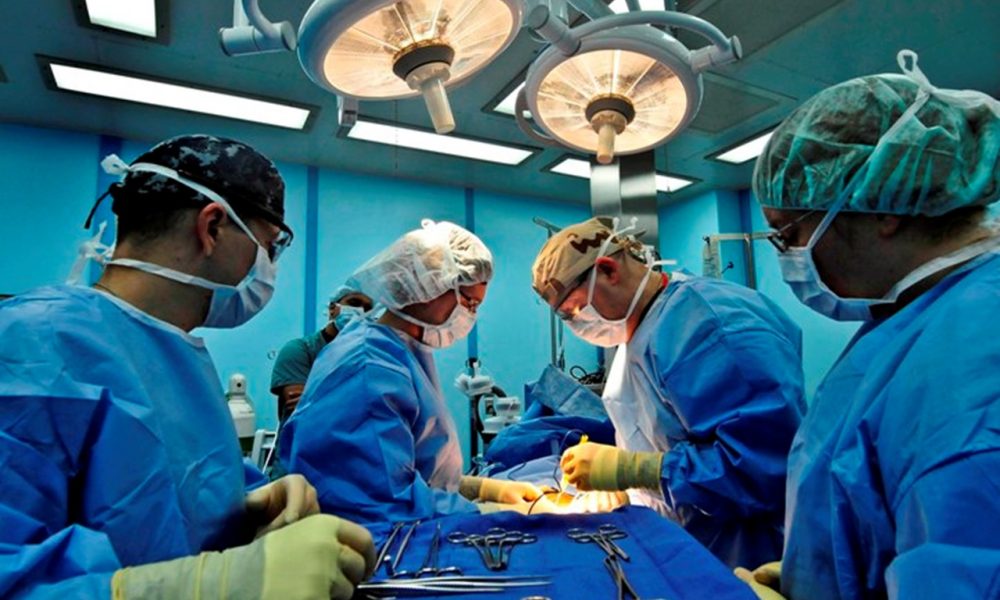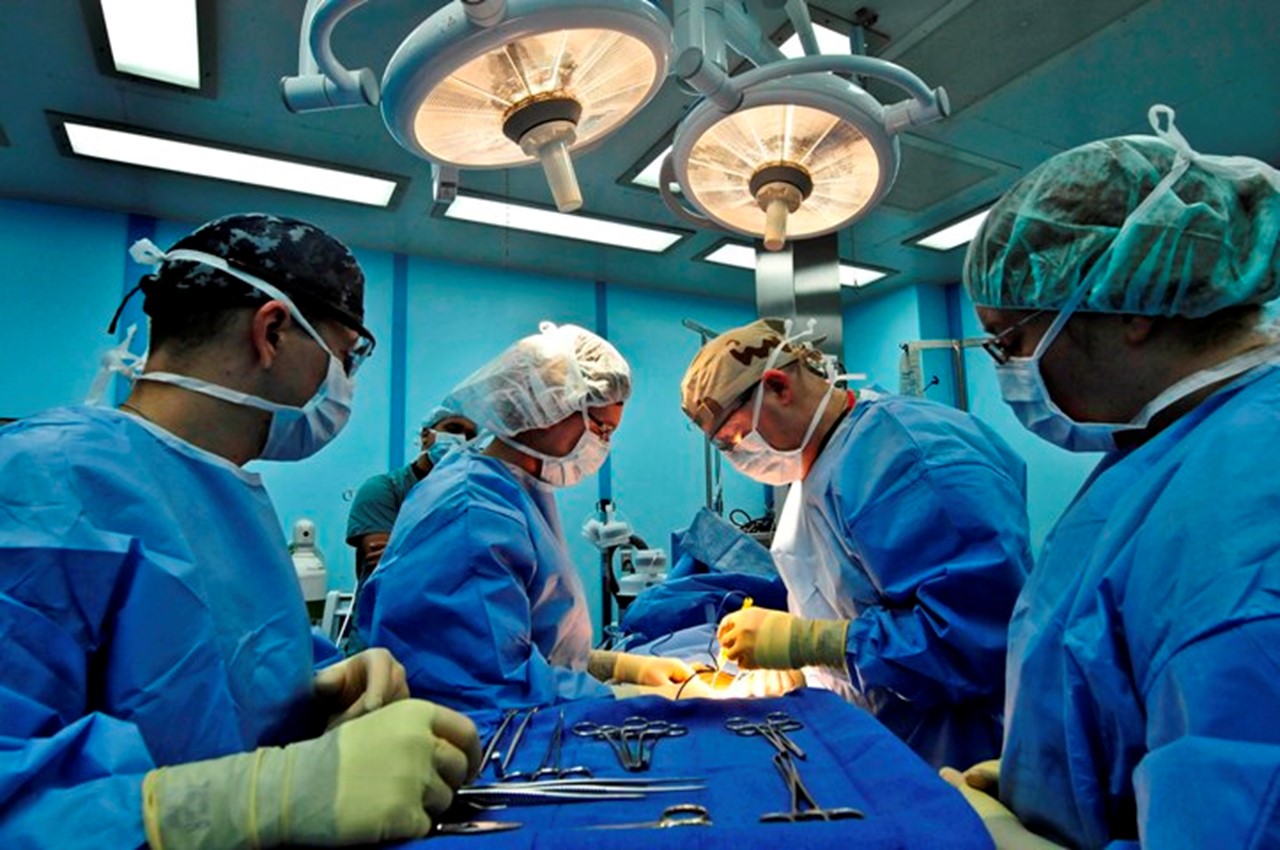
Bengaluru Hospital conducts a rare ‘Bloodless’ liver transplant
 Adding a new feather to the crown of the technological advancements in the medical field, Aster CMI Hospital claimed that it has successfully performed a live liver transplant on a patient from Nigeria, by not using blood or blood products, to protect the patient’s religious beliefs. Very few such surgeries have been successfully conducted worldwide.
Adding a new feather to the crown of the technological advancements in the medical field, Aster CMI Hospital claimed that it has successfully performed a live liver transplant on a patient from Nigeria, by not using blood or blood products, to protect the patient’s religious beliefs. Very few such surgeries have been successfully conducted worldwide.
The patient and donor were Jehovah’s Witnesses. Jehovah’s witnesses are a Christian section who prohibit the use of blood or blood products during their treatment.
37-year-old Gehozadak Okpongette had developed a decompensated liver disease and visited more than three countries over the last four years for treatment. But he was turned away by most of the doctors due to the high risk of the surgery. Doctors said surgery was challenging compared to a normal liver transplant because the medical team could not use blood or blood products (fresh frozen plasma, Cryoprecipitate, platelets etc) to protect the patient’s religious belief.
The patient’s brother was the donor and without a liver transplant, the chances of survival were less than 10 per cent over the next two years.
At Aster CMI hospital, a team of liver specialists thoroughly reviewed the patient’s medical history before recommending a bloodless liver transplant and charted out a feasible pathway to make the surgery a success.
“This transplant was especially challenging as we did not have the safety net (of using blood) even if the patient’s life was at risk due to their advance directive. We have performed other non-transplant liver surgeries in Jehovah’s Witnesses and this gave us the confidence to take on Gehojadak’s transplant,” Dr Rajiv Lochan, consultant liver transplant surgeon at Aster CMI Hospital, said.
The surgery took 12 hours to complete where two teams of specialists with close to 25 doctors, including anaesthetists and intensivists, worked in absolute sync with each other and Gehojadak finally received a life-saving liver transplant. In two weeks, the patient and his brother were discharged from the hospital.
The team spend several counselling sessions with the recipient-donor and family to fully understand the various interventions and supportive measures that could be used during the surgery. “Even if their haemoglobin levels dropped to life-threatening levels, the patients were clear that they would not accept a blood transfusion. Keeping the limitations in mind, the most effective treatment path was planned, and we spent close to two months preparing the patients for surgery,” Arun V, consultant anesthesiologist said.
“We instead used a ‘Normo-volemic hemodilution’ technique where we took two units each of both the patient and donor’s blood and kept it connected to their system throughout the surgery using special equipment so that there is no break in the blood circulation loop. This technique was discussed beforehand with the patient and was in line with their beliefs. The patient lost about two Units of blood during this surgery, but through this technique, we were able to compensate for the loss,” said Dr Prakash Doraiswamy, Consultant Intensivist.
Source: The Week, Bangalore Mirror, Deccan Herald